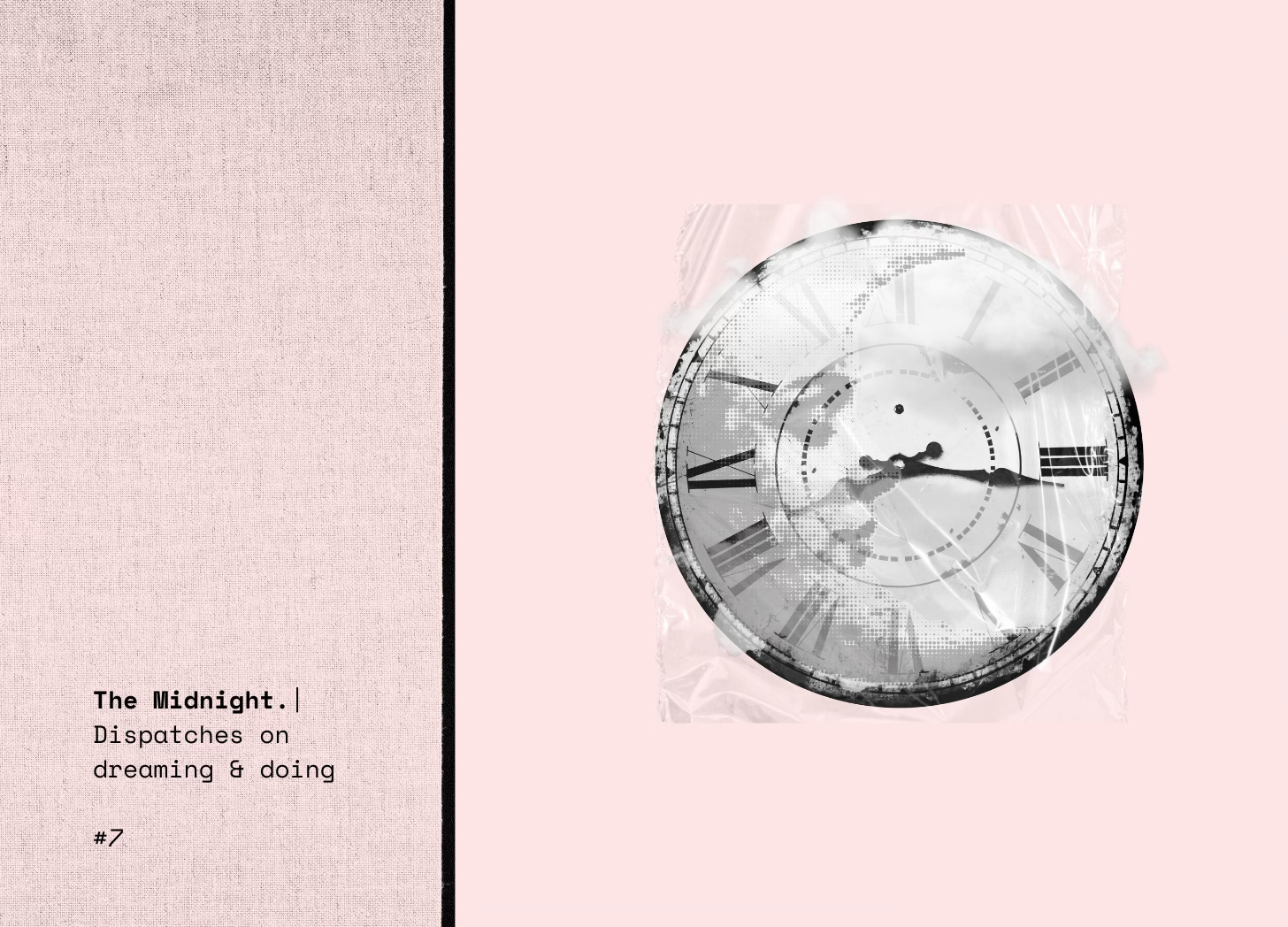Why you must have a daily practice of some kind
On the value of focused attention and accumulation
Midnight Voice Memos is a totally independent labor of love. If you enjoy this work please consider becoming a paid subscriber, grabbing a music Rx from the Song Apothecary, or picking up some Unwritten Records.
I find rigid daily routines and productivity grind anathema. Personally, I want it to be true most art happens following a burst of inspiration. I want that to be ‘how it’s done’.
This is because I don’t think a person is made more valuable by having produced more of anything. And I’m right about that. But it’s also true that your art will probably be better if you have some kind of daily practice. Ugh.
There is a lot of thinking and writing about what makes a good daily practice. In The Artist’s Way, Julia Cameron advocates for writing daily ‘morning pages’1. In Writing Better Lyrics, Pat Pattison recommends 10 mins of daily ‘object writing’2. My bet is you already know about these things …
AND If you’re anything like me, you will have had periods where some kind of daily writing habit stuck for months at a time, only for a life change to mean it disappears for a while—or forever. For years, I wrote music every morning before heading to my day job, and when that day job became too demanding, my whole habit would fall away.
At first, I pushed very hard against this. But no amount of self-recrimination or grind ever led me to keep these habits as consistently as I would like. What has been successful is working with the energetic limitations of fluctuating bandwidth.
This week I share a new3 way to think about working with that fluctuating bandwidth, and a set of behaviors that can help connect you to creativity in lieu of a daily habit (when that feels like it is just not possible).
Keep going!
Lucy
-
Dreaming
A new way to think about regular practice.
Beyond the sense that you did the thing you said you’d do, I’d argue a daily (or regular) practice is about two things:
Attention: Focusing some of that precious resource on craft, vision, or the truth of what is in your head.
Accumulation: Adding, even in the smallest amount, to your practice or output
When you think about it in this way, what counts as daily practice expands. As long as focused attention and some kind of accumulation are possible you have a daily practice.
In this sense, composing the next line of a song in your head and singing it into your voice notes app on the way back from walking your kids to school counts as a daily practice. As long as you focus your attention on craft, vision, or truth and do some kind of iterative practice it counts.
Think about what this looks like for you — What pockets of time in your day might enable you to focus intently? What can you use that’s always on you to ensure you capture what arises?
Below, I share the way I do it.
Doing
Three behaviors that can take the place of daily practice.
When I don’t have time for regular creative practice, I aim to commit to the following behaviors:
Drift — Where there is time, allowing the world to wash over me as I move through it. Paying attention, or half-paying attention, to the physical world. Allowing images, thoughts, ideas, sentences to arise.
Capture — When I am struck by something that washes over me, taking immediate action to capture it someway. Usually via a photograph, voice note, or text.
Collection — Collecting or organizing those captured things in such a way that I can sift through whatever I’ve accumulated when I have the time to really consider what is there.
I made an entire album (Fieldings - Unfurl) this way: working when I could, and collecting various notes, thoughts, ideas etc in a somewhat organized fashion. When the time came for me to sift through and see what I’d collected, I had enough pieces of the album that it only took four days to finish it.
three pages of stream-of-consciousness writing about whatever the heck comes up
starting with a random object and writing through your senses around it
or new-ish



